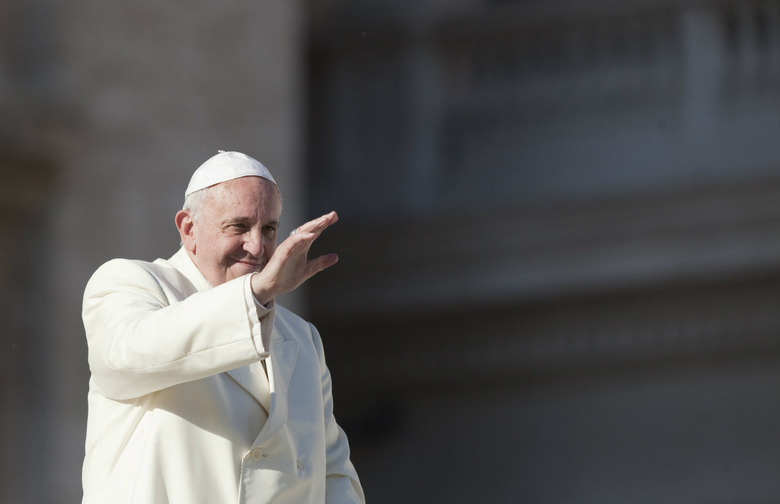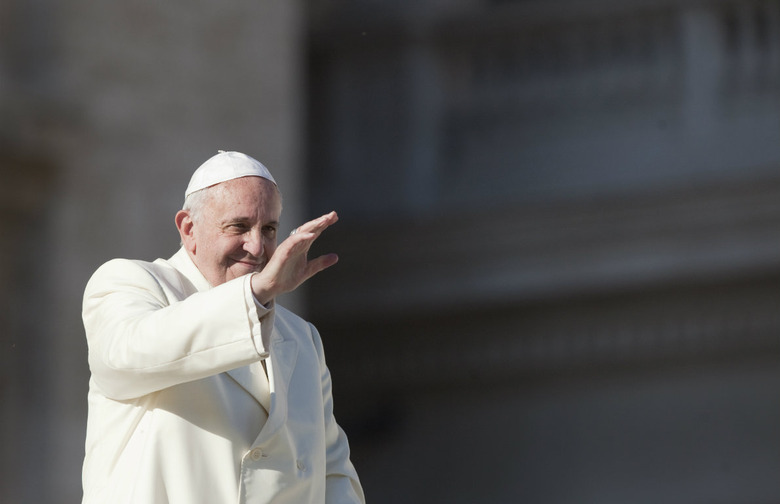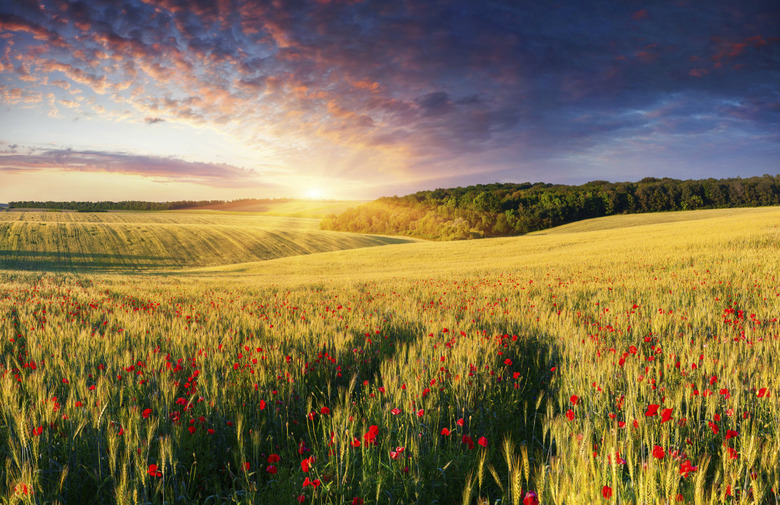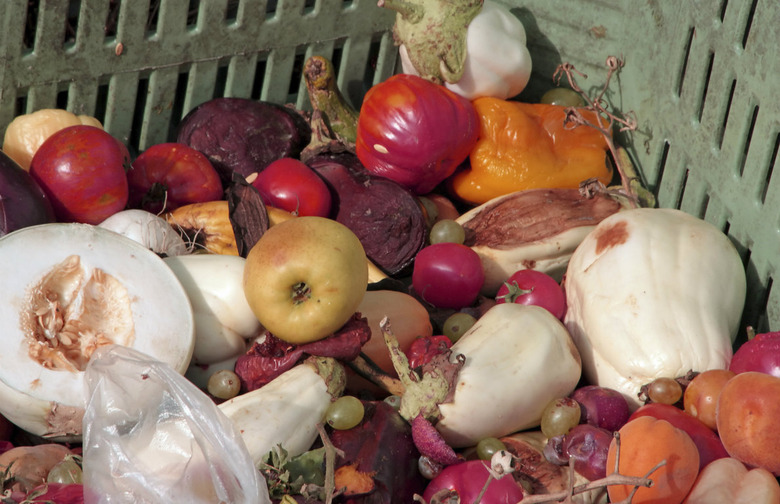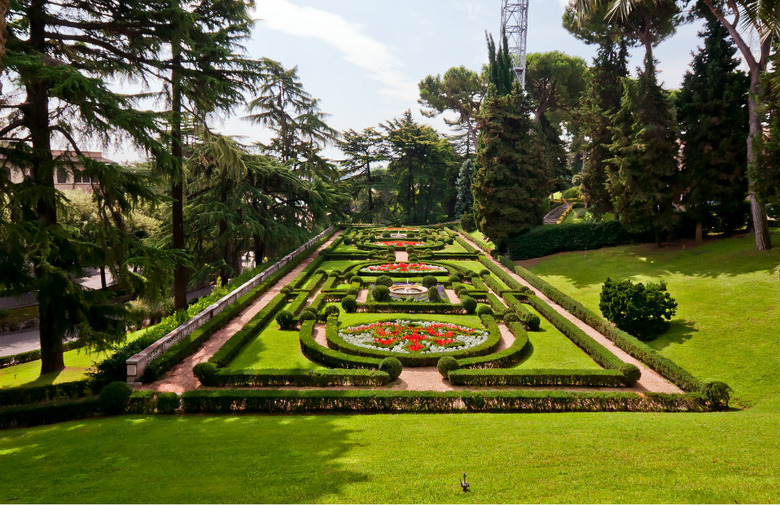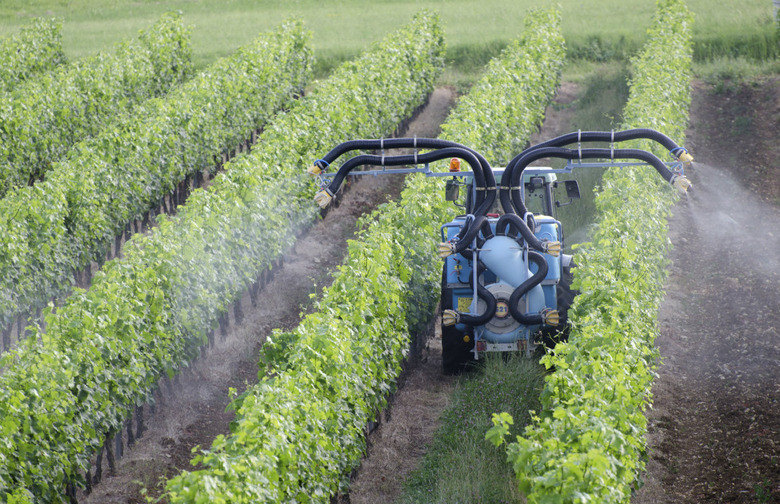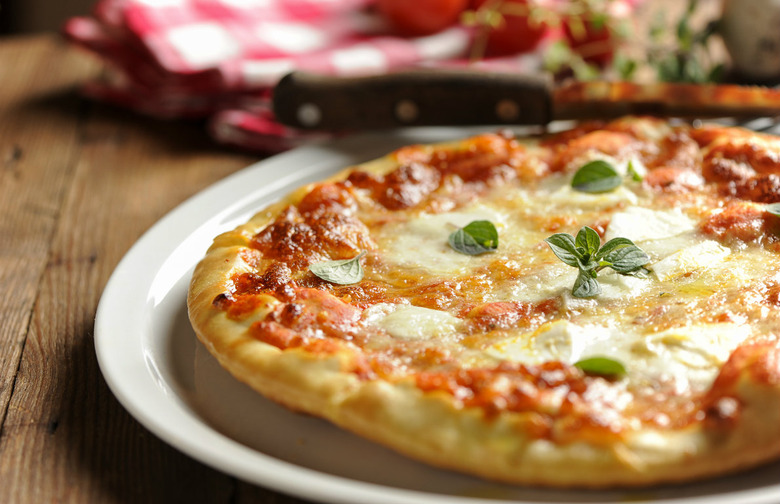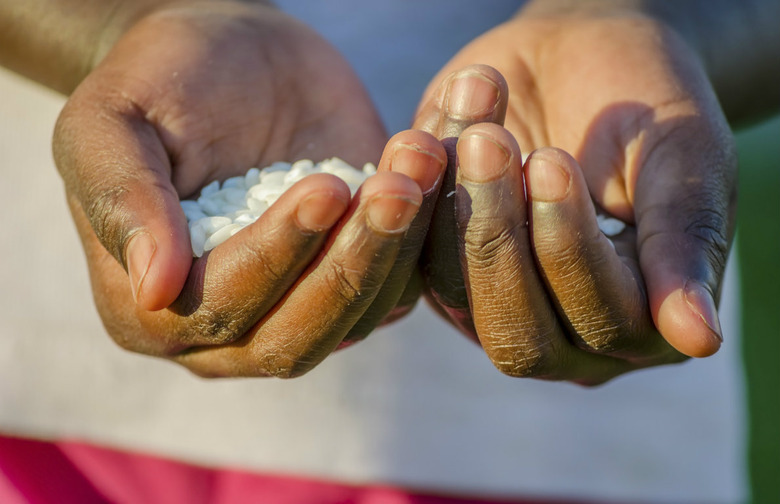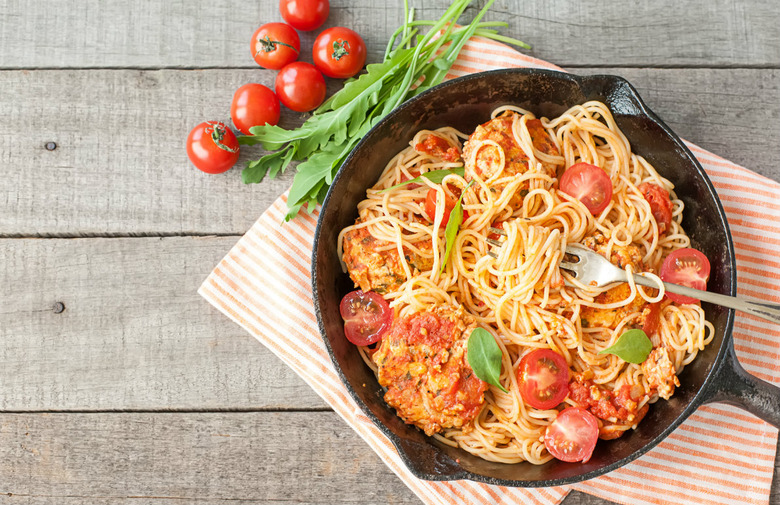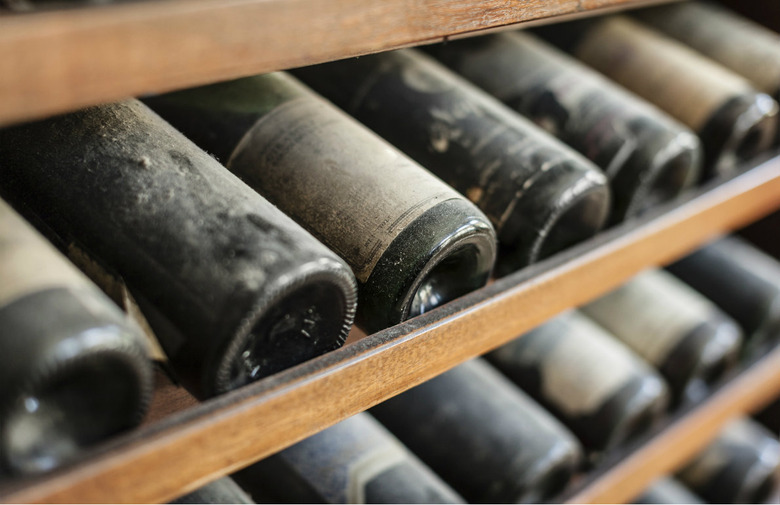9 Times Pope Francis Took A Stance On Food
9 Times Pope Francis Took a Stance on Food
Pope Francis — Jorge Mario Bergoglio, before he was elected to his present position — is perhaps one of the most forward-thinking leaders in the history of the Catholic Church, not least of all due to his outspokenness on the role of food in preserving human welfare.
During his governance, Pope Francis has been both lighthearted and quite serious about food — from expressing his simple desire to enjoy a slice of pizza in public to his message to the world's wealthy that they would one day be subject to God's judgment, when it would be revealed whether or not "they really tried to provide for Him in every person, and if they did what they could to preserve the environment so that it could produce this food."
Food Production and the Environment: ‘This Is Why the Earth Herself… Is Among the Most Abandoned and Maltreated of Our Poor’
Not everyone has been thrilled with the Pope's increasingly insistent calls for global action on climate change — but we have.
In an encyclical letter, "On Care for Our Common Home," the Pope wrote, "This sister [the Earth] now cries out to us because of the harm we have inflicted on her by our irresponsible use and abuse of the goods with which God has endowed her.
"We have come to see ourselves as her lords and masters, entitled to plunder her at will. The violence present in our hearts, wounded by sin, is also reflected in the symptoms of sickness evident in the soil, in the water, in the air and in all forms of life. This is why the earth herself, burdened and laid waste, is among the most abandoned and maltreated of our poor; she 'groans in travail' (Rom 8:22). We have forgotten that we ourselves are dust of the earth (cf. Gen 2:7); our very bodies are made up of her elements, we breathe her air and we receive life and refreshment from her waters."
The letter, which continues for several pages, goes on to identify "pollution, waste, and the throwaway culture," as well as the loss of biodiversity and water, as some of the greatest failings against both the planet and humankind.
In it, the Pope calls for political action as well as a unified response from Catholics and non-Catholics alike, and promises that although "all is not lost," sustainability efforts must begin as soon as possible, and be as global as possible.
Food Waste
"Throwing away food is like stealing from the table of the poor and the hungry," Pope Francis said in a message on United Nations World Environment Day in 2013, mere months after taking office.
"Once, our grandparents were very careful not to throw away any leftover food. Consumerism has led us to become used to an excess and daily waste of food, to which, at times we are no longer able to give a just value."
Genetically Modified Organisms
"It is difficult to make a general judgment about genetic modification (GM), whether vegetable or animal, medical or agricultural, since these vary greatly among themselves and call for specific considerations," Pope Francis wrote in his encyclical On Care for Our Common Home. "The risks involved are not always due to the techniques used, but rather to their improper or excessive application."
As an example, Pope Francis highlights the issues associated with modified cereal crops, the mass production of which has the effect of vastly shifting power toward a small number of land owners and away from small producers.
"In many places, following the introduction of these crops, productive land is concentrated in the hands of a few owners due to the progressive disappearance of small producers, who, as a consequence of the loss of the exploited lands, are obliged to withdraw from direct production. The most vulnerable of these become temporary labourers, and many rural workers end up moving to poverty-stricken urban areas. The expansion of these crops has the effect of destroying the complex network of ecosystems, diminishing the diversity of production and affecting regional economies, now and in the future."
Opening the Vatican Farm to the Public
Earlier this year, Pope Francis decided that he would make the farm at Castel Gandolfo, his summer residence in the hills outside Rome, open to the public. The farm has previously only been accessible to Vatican staff and reporters and photographers from the Vatican newspaper, L'Osservatore Romano — but the pope decided that all visitors to Rome should be able to see the day-to-day operations of the farm, which feeds both the pope and his staff. Perhaps Pope Francis is hopeful that visitors will be inspired to take more control of their own food production.
Pesticides
"Human beings must intervene when a geosystem reaches a critical state," Pope Francis wrote in his encyclical. "But nowadays, such intervention in nature has become more and more frequent," disregarding the difference between necessary intervention and interruption.
"For example, many birds and insects which disappear due to synthetic agrotoxins [pesticides] are helpful for agriculture: their disappearance will have to be compensated for by yet other techniques which may well prove harmful. We must be grateful for the praiseworthy efforts being made by scientists and engineers dedicated to finding solutions to man-made problems. But a sober look at our world shows that the degree of human intervention, often in the service of business interests and consumerism, is actually making our earth less rich and beautiful, ever more limited and grey, even as technological advances and consumer goods continue to abound limitlessly. We seem to think that we can substitute an irreplaceable and irretrievable beauty with something which we have created ourselves."
The Dream of Pizza
Pope Francis already has his retirement plans in order, and they happen to be pretty simple.
"I have the feeling that my Pontificate will be brief: four or five years," the Pope said in an interview with Televisa. "I do not know, even two or three. Two have already passed. It is a somewhat vague sensation."
Although he admitted that perhaps his thinking was attributable to "the psychology of the gambler who convinces himself he will lose so he won't be disappointed and if he wins, is happy," the pope was also wistful about the absence of certain pleasures that do not come easily to those in the public eye.
"The only thing I would like is to go out one day, without being recognized, and go to a pizzeria for a pizza," Pope Francis admitted. Days later, a gracious pizzeria owner delivered the Pope a personal pie, with the words "Il Papa" written across.
The Global Hunger Campaign
In 2013, Pope Francis launched One Human Family, Food for All, a global campaign to end hunger, which has, at last count, a presence in at least 200 countries and territories around the world.
"We are in front of a global scandal of around one billion — one billion people who still suffer from hunger today," the Pope said in a message to the public. "We cannot look the other way and pretend this does not exist. The food available in the world is enough to feed everyone. The parable of the multiplication of the loaves and fish teaches us exactly this: that if there is the will, what we have never ends. On the contrary, it abounds and does not get wasted.
"Therefore, dear brothers and sisters, I invite you to make space in your heart for this emergency of respecting the God-given rights of everyone to have access to adequate food. We share what we have in Christian charity with those who face numerous obstacles to satisfy such a basic need. At the same time we promote an authentic cooperation with the poor so that through the fruits of their and our work they can live a dignified life."
The Most Difficult Food to Give Up
Even Pope Francis can't get stay away from carbs, which makes us feel pretty good about not trying to. According to Ansa, an Italian newswire, the pope, now 78, was instructed by his doctors to "eat less pasta, walk more often, and lose a little weight to take some strain off his aching back."
At the very least, his doctors implored, the pope should cut his pasta consumption to "only a few times a week."
Wine over Water
After he was made an honorary sommelier by Franco Maria Ricci, the president of the Italian Sommelier Association, Pope Francis took the opportunity to clarify that he did, indeed, enjoy drinking wine.
"I'm not a teetotaler," said Pope Francis. "I drink a little wine from Italy and other countries from around the world. But just a little." Later, Ricci told Vatican Insider, "When he uttered that phrase, I was relieved."
